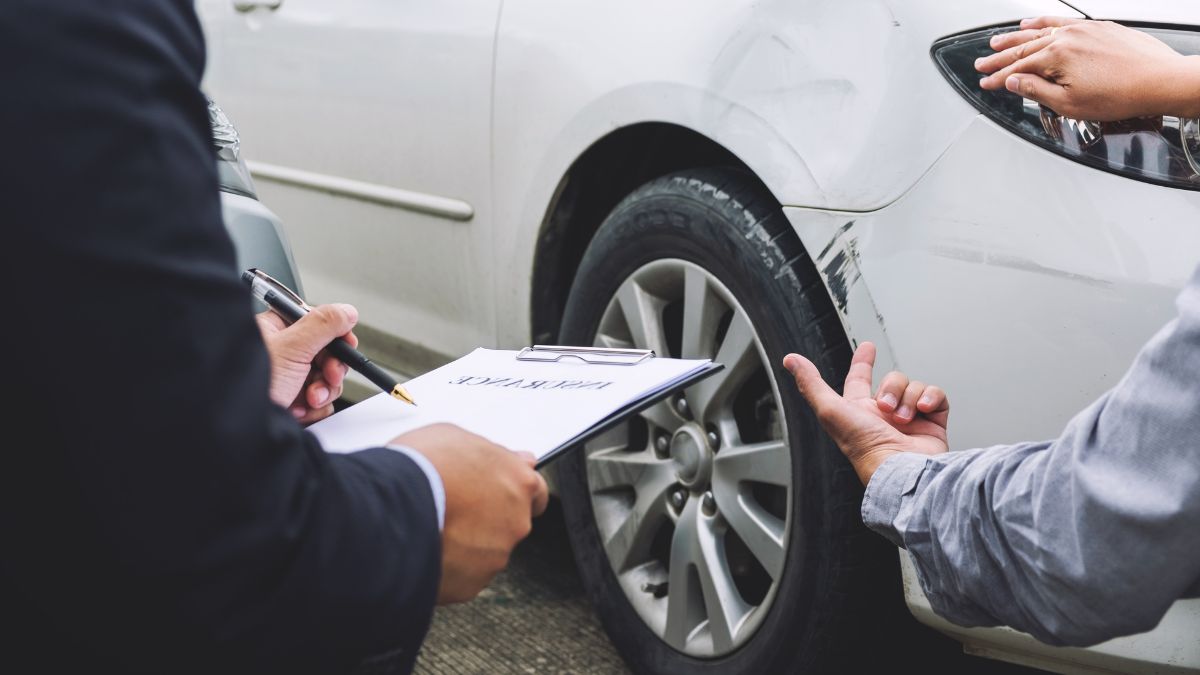
A Simple Guide to Car Insurance in Kenya: What Every Driver Needs to Know
Let’s be real — car insurance in Kenya can be confusing, overwhelming and full of fine print. But it doesn’t have to be. Whether you’re buying your first car or reviewing your current policy, understanding how car insurance works can save you thousands of shillings and endless headaches.
In this guide, we’ll break it all down for you — from types of coverage to how to file a claim — all in simple language.
Why Car Insurance is a Must-Have in Kenya
Imagine this: You’re stuck in Nairobi traffic and out of nowhere — bam! — you get rear-ended. Or worse, you wake up to find your car has vanished overnight.
Without insurance? You’re paying the whole bill. With insurance? You’re covered — financially and legally.
In Kenya, it’s a legal requirement for every vehicle to have insurance. At the very least, you need Third Party Only (TPO) coverage. But if your car is valuable or new, you’ll want a bit more peace of mind than just the basics.
Types of Car Insurance Covers in Kenya
Not all car insurance plans are created equal. Here’s a breakdown of the three main types of insurance covers Kenyan drivers can choose from:
1. Third Party Only (TPO)
What it covers:
- Any damage to your own car.
- Damage or injury to other people, vehicles or property.
What it doesn’t:
Best for:
- Older or low-value cars where full cover isn’t worth it.
2. Third Party, Fire & Theft (TPFT)
Adds on:
- Car theft
- Fire damage
Still missing:
- Repairs to your car if it’s damaged in an accident
Ideal for:
- Budget-conscious drivers who want a bit more than just the basics.
3. Comprehensive Insurance
The full package. It covers everything in TPO and TPFT, plus:
- Accidental damage to your car
- Natural disasters like floods or hail
- Vandalism or riots
- Some policies include medical cover and personal accident insurance
Best for:
- New cars, high-end vehicles or if your car is financed through a bank.
What Affects the Cost of Car Insurance in Kenya?
Premiums (what you pay) are based on several factors. Here’s what insurers look at:* Type of Cover: Comprehensive is more expensive than TPO.
- Make and Model: High-end cars cost more to insure.
- Car Age: Older cars may be cheaper — or may not qualify for full comprehensive.
- Driving History: Accidents and speeding tickets? You’ll pay more.
- Location: Nairobi and Mombasa may be riskier than rural towns.
- Vehicle Use: Private use is cheaper than commercial or rideshare use.
Tip: Always get quotes from at least three different insurance companies before you buy. Prices and benefits can vary wildly.
What You Need to Get Insured
Here’s what most insurance companies in Kenya will ask for:
- Copy of your logbook or sale agreement
- National ID (or Certificate of Incorporation for companies)
- KRA PIN
- Vehicle valuation report (for comprehensive cover)
- Inspection report (especially for used vehicles)
Many top insurance providers now let you apply online via apps or websites — faster and easier than ever before.
What Car Insurance Doesn’t Cover
Even with full comprehensive, there are some exclusions to be aware of:
❌ Driving under the influence (alcohol or drugs)
❌ Damage caused by an unlicensed driver
❌ Acts of war or terrorism
❌ Routine mechanical breakdowns
❌ Personal items stolen from inside the car
Pro Tip: Read your policy’s exclusions carefully. Don’t just sign — understand.
Smart Tips for Choosing the Right Car Insurance Company
Here’s how to avoid nasty surprises later:
✅ Go with a licensed insurer. Check with the Insurance Regulatory Authority (IRA Kenya).
✅ Ask about their claims process. Fast, easy claims are better than low premiums.
✅ Check for useful add-ons like:
- Roadside assistance
- Towing services
- Courtesy cars during repair
✅ Understand the excess/deductible. That’s what you pay out-of-pocket during a claim. Know the amount upfront.
How to File an Insurance Claim in Kenya
If you’re ever in an accident, follow these steps:
- Call your insurer immediately — most have 24/7 hotlines.
- Report the incident to the police — especially if it involves injury or theft.
- Take clear photos of damage, scene, number plates, etc.
- Get statements from witnesses if available.
- Fill out a claim form and submit all required documents.
Processing time can vary, but follow up regularly and keep copies of everything.
Final Thoughts: Drive Smarter, Stay Covered
Car insurance doesn’t just protect your car — it protects your finances, your future and your peace of mind.
Whether you’re cruising through Kisumu or braving the chaos of Thika Road, make sure you’ve got the right cover for your needs and budget. Don’t fall for the cheapest policy without knowing what it really includes. Sometimes cheap is expensive.
So the next time you turn that ignition key — drive with confidence knowing you’re fully covered.